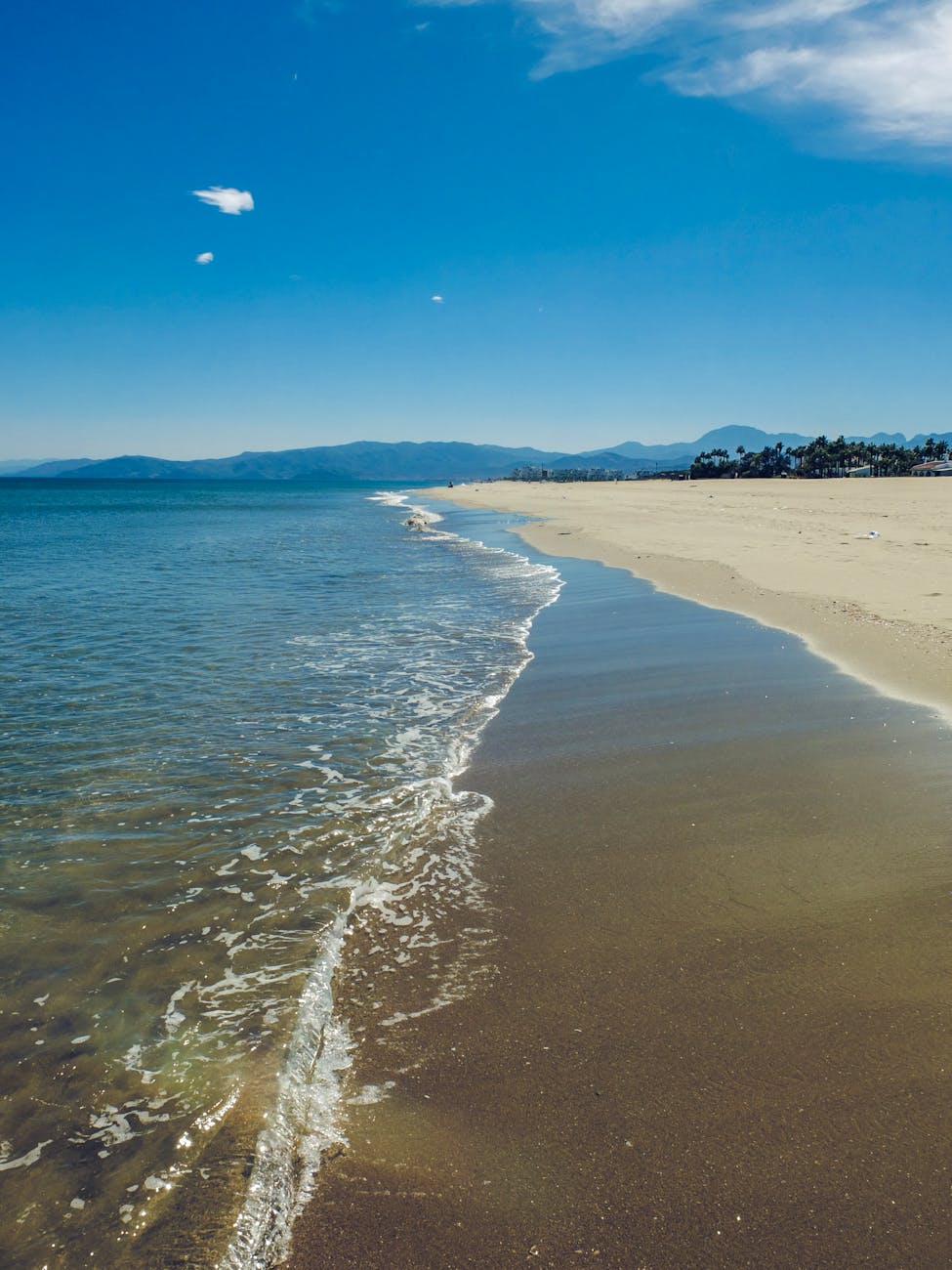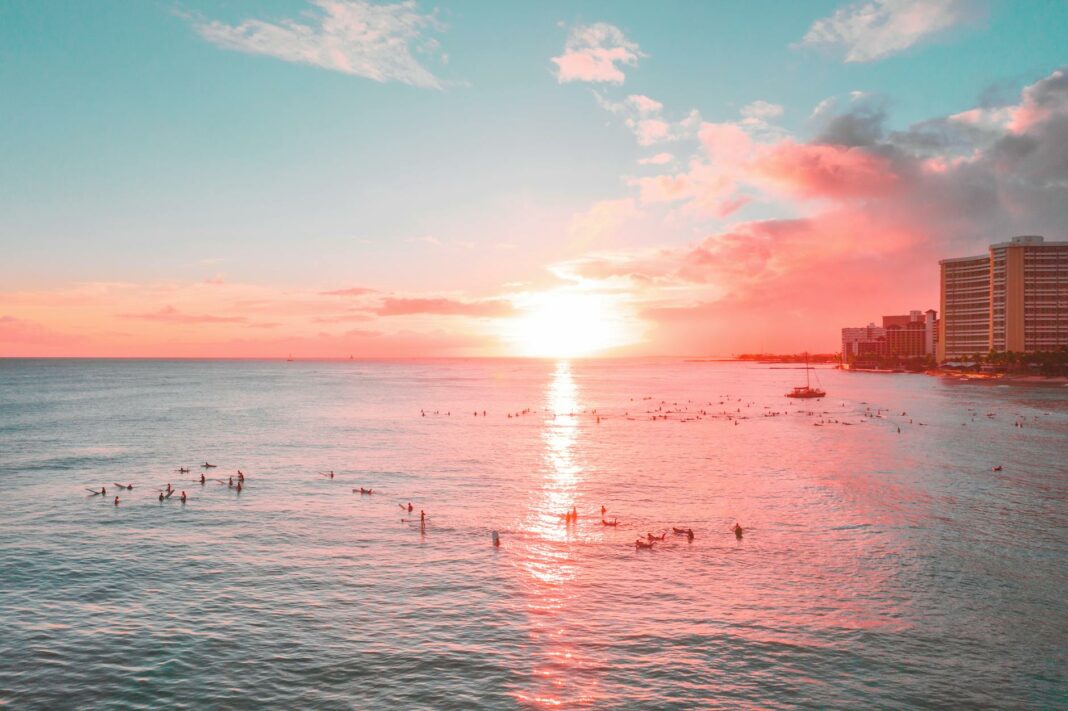Imagine finding yourself sprawled on the sun-kissed shores of a pristine beach, feeling the gentle caress of ocean waves. The atmosphere could not seem more perfect. However, the truth behind that shimmering water might be masking serious water quality issues. It’s essential to dive deeper and uncover these hidden secrets to truly ensure safety and enjoyment during your beach escapades. Exploring water quality can significantly enhance your beach experience while protecting your health.
By shedding light on the potential dangers lurking beneath the surface, you empower yourself as a savvy traveler. Knowing how to identify the signs of pollution and understanding the importance of quality testing will make for a more memorable and safe beach vacation. This post will help you navigate the sometimes murky waters of beach safety so you can enjoy every moment without worry.
Recognizing the signs of pollution is vital for ensuring your safety at the beach. Changes in water color, unusual odors, or the presence of debris are all indicators that something may not be right beneath the surface. Moreover, looking out for beach closings is key; health departments regularly monitor water quality and issue advisories when contamination is detected.
Additionally, if you observe an unusually large number of dead fish or marine life washing ashore, this could be another troubling sign. Observe local wildlife behavior too; if animal populations seem depleted or sick, your dream beach might not be as enjoyable as it seems. Awareness and vigilance in identifying these red flags can greatly reduce the risks associated with swimming in polluted waters, making your beach experiences not only more enjoyable but also safer.
Testing water quality plays a critical role in beach safety; it allows us to gauge the health of the ocean environment we cherish so deeply. While local health departments perform regular assessments, understanding the testing processes themselves can empower you further. Tests evaluate various components like bacteria levels, chemical contamination, and temperature, which in turn dictate the safety of recreational activities.
Many beaches provide real-time updates on water quality, often readily available online or through local agencies. Some savvy beachgoers even invest in personal water-testing kits, providing instant feedback on what lies in the surf. Committing to ongoing awareness regarding the quality of beach water can truly elevate the experience for you and your family, ensuring that safety becomes an integral part of your beach routine.
Empowering yourself with knowledge enables you to make smart decisions that prioritize your health while still enjoying the splendor of beach life. Familiarizing yourself with local advisories, chatting with other beachgoers, and checking the online health score of specific beaches can significantly enhance your awareness.
Choosing a beach based on its pollution history, safety ratings, and local regulations can offer peace of mind as you frolic in the waves. Remember that some beaches may have better records than others, and being informed means you can pick places that prioritize keeping their waters clean. Thus, a proactive approach not only contributes to your enjoyment but also supports the ongoing efforts to maintain cleaner, safer coastal environments.
It is vital to get involved in preserving the beauty and safety of our beloved beaches. Simple actions such as participating in beach cleanups, advocating for environmental regulations, and spreading awareness about water quality can create an enormous impact. Each small action collectively contributes to the greater goal of clean and safe beaches for everyone.
Supporting local organizations that monitor water quality ensures that both marine life and beachgoers can coexist harmoniously. Remember, even basic actions like proper disposal of waste and reducing plastic usage can contribute to healthier aquatic ecosystems. By taking decisive steps, you can protect these natural wonders for future generations, allowing others to experience the same joy you derive from these spectacular coastal retreats.
Enjoying a beach vacation should be a blend of fun and safety, and by paying attention to water quality, you can further enhance your experience. Always prioritize awareness over ignorance by staying informed about potential dangers and being proactive about protecting your health. Your dream beach can remain a paradise, free from the worries of pollution, as long as you keep your eyes peeled and your mind open.
By arming yourself with knowledge on the hidden dangers, signs of pollution, and positive actions you can take to ensure safety, you’ll transform your beach outings into priceless memories devoid of health concerns. The vibrant allure of the coast awaits, filled with sun, surf, and serenity. Dive right in, but make sure the waters are welcoming!
What should I do if I see signs of pollution? If you notice unusual odors, discolored water, or dead marine life, it is best to stay away from the water and report your findings to local authorities, ensuring that they can investigate further.
How can I find out about water quality testing at my beach? Many local health departments maintain websites with up-to-date information on water quality testing. Additionally, beach kiosks often display the latest test results.
What can I do to help keep our beaches clean? Participate in beach cleanups, make environmentally conscious choices, and advocate for local conservation efforts to help protect our precious coastal ecosystems.
Are there any personal water testing kits I can use? Yes, several personal water testing kits are available that allow individuals to check for bacteria and other contaminants before swimming.
Can pollution affect marine life? Absolutely, pollution can harm marine ecosystems, leading to decreased biodiversity, which further impacts the health of our oceans.
Image Credit: Pexels





